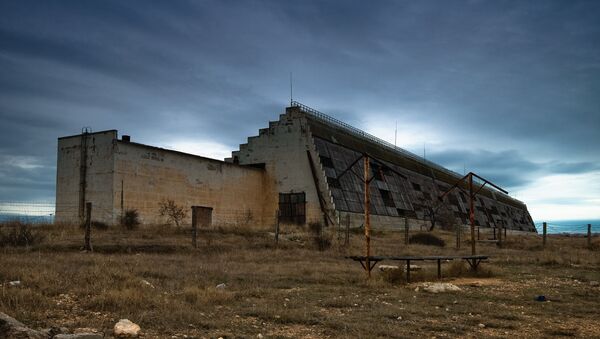When restored, the station will be capable of tracking down hypersonic, cruise and ballistic missiles launched from ships in the Mediterranean Sea and the Black Sea at ranges of up to 3,000 kilometers.
The source said that the Dnepr station's equipment will operate in the super-high frequency band, which is expected to increase the effectiveness of the Russian radar station in the city of Armavir, which operates in the ultra-high frequency band.
Izvestia quoted military expert Vadim Kozyulin as saying that the Dnepr radar station will help provide Russia with all-round defense against sophisticated missile attacks.
" For example, it takes a US Tomahawk cruise missile about two hours to reach Moscow, and duly detecting such a missile will be precisely the task of the new Russian radar station near Sevastopol," Kozyulin said.
After the collapse of the Soviet Union in 1991 it was transferred to Ukrainian sovereignty, but continued to provide data for the Russian military under lease.
In 2009, Russia canceled the deal due to the fact that the Dnepr radar's coverage could be substituted by a new Voronezh radar station in Armavir.




